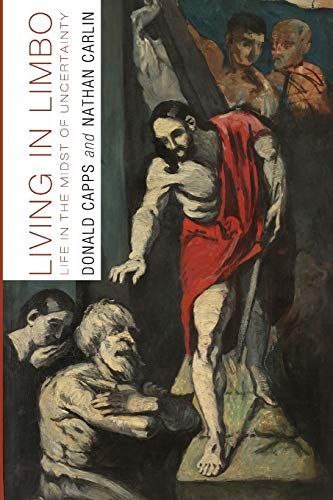
Living in Limbo Life in the Midst of Uncertainty
Limbo has traditionally been viewed as a place between heaven, on the one hand, and purgatory and hell, on the other, to which the patriarchs, who lived under the old law, and babies who died before being baptized into the Christian faith have been consigned. Like purgatory, it is a dark place but not deprived of grace. Now that the Roman Catholic Church has declared that limbo is not an official church teaching, the idea of limbo has been freed from ecclesiastical constraints and available for reflection on the human condition on this side of the grave. Living in Limbo by Donald Capps and Nathan Carlin focuses on the acute limbo situations that are an integral part of human life, including the vicissitudes of growing up, of forming committed relationships, of finding employment and staying employed, of undergoing life-threatening illnesses, and of experiencing dislocation and doubt. Using cases and examples of real-life persons, the book identifies the forms of distress likely to occur throughout the duration of the limbo experience, and it also identifies the internal and external resources that individuals draw upon as they cope with the stresses and uncertainties of living in limbo. Drawing on the traditional view, especially reflected in Christian art, that Christ descends into limbo to comfort and liberate its occupants, Living in Limbo comes down on the side of hope versus despair. In reading about other limbo dwellers, readers will meet themselves-or someone they love and care about-and will be encouraged by the very fact that they are not alone. Although it is not a pleasant place to be, limbo is not a place of solitary confinement, and one derives strength and resilience from the presence of the others.